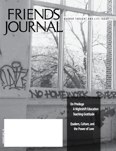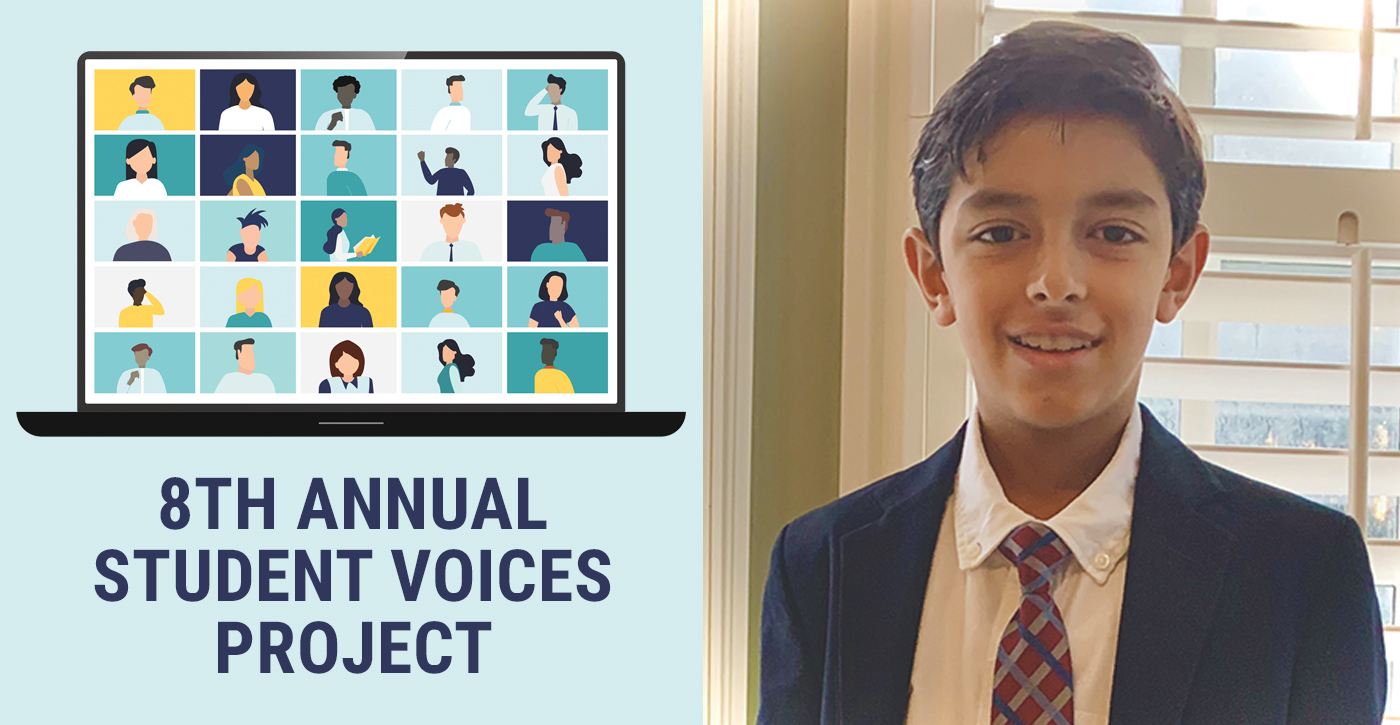Patience Schenk, the subject of an interview this issue about privilege (p. 6), says:
Quakers don’t want to be racist. We believe strongly that we’re all equal, yet we live in an ocean of prejudice and we’re exposed to it in many ways. We live in the midst of systemic racism and we don’t generally notice it. But we can’t learn anything if we’re afraid to talk about this. Part of our task is to explore the environments that we have lived in our whole lives and notice what influences we have been subjected to.
Inequitable systems flourish most when privilege is not named, but rather simply taken for granted. We can’t have conversation about race or about class or other matters of civil rights if we aren’t honest and open about what privileges we have. I have white skin and that affords me privileges. I have a college education and that affords me privileges. I am straight and that affords me privileges.
But spiritual knowledge is perhaps the ultimate privilege, and it is the one with the power to transcend all others if we allow ourselves to be faithful. There is that of God in everyone, and the great spiritual teacher Jesus Christ taught his followers to love God fiercely and to love their neighbors as themselves. In light of these principles, which of our myriad privileges stands up to scrutiny as having any basis at all, on a spiritual level?
In this issue, our two staff editors, Martin Kelley and Jana Llewellyn, do readers the service of speaking honestly about their experiences wrestling with the privileges they enjoy, examining how they work in practice and what lessons are to be learned.
At various points in time, Quakers have been on the very front lines of smashing privileges. In his article, Martin Kelley paints a picture of George Fox preaching at length—not to the educated and comfortable, but to what amounted to a seventeenth-century job fair. Imagine the same today at a gathering of day laborers outside a big box store. In her piece on Friends and the transforming power of love, Ellen Ross recounts the story of Edward Coxere, a British naval gunner who, upon convincement as a Quaker, abandons the considerable privilege and earning prospects he had earned as a war-maker. Ross describes it as a “radical reorientation.” Quakers like Anthony Benezet, Lucretia Mott, and John Woolman worked tirelessly to abolish the particularly odious privilege of chattel slavery. Friends like Bayard Rustin, Lee Thomas and Chuck Fager marched beside Martin Luther King, Jr., to fight for civil rights for African Americans. Let’s hope we are not done tearing down privileges—or, at the very least, exposing them to the searing light of day.
In what ways are Friends today working to examine privilege, promote a radical equality, and live as bravely as our historical Quaker idols? I hope this magazine can be a forum for these new stories. Quakers today are “patterns and examples” in the spirit of George Fox’s exhortation, and Friends Journal can help spread the word.
Yours in peace,
Gabriel Ehri, Executive Director





Comments on Friendsjournal.org may be used in the Forum of the print magazine and may be edited for length and clarity.